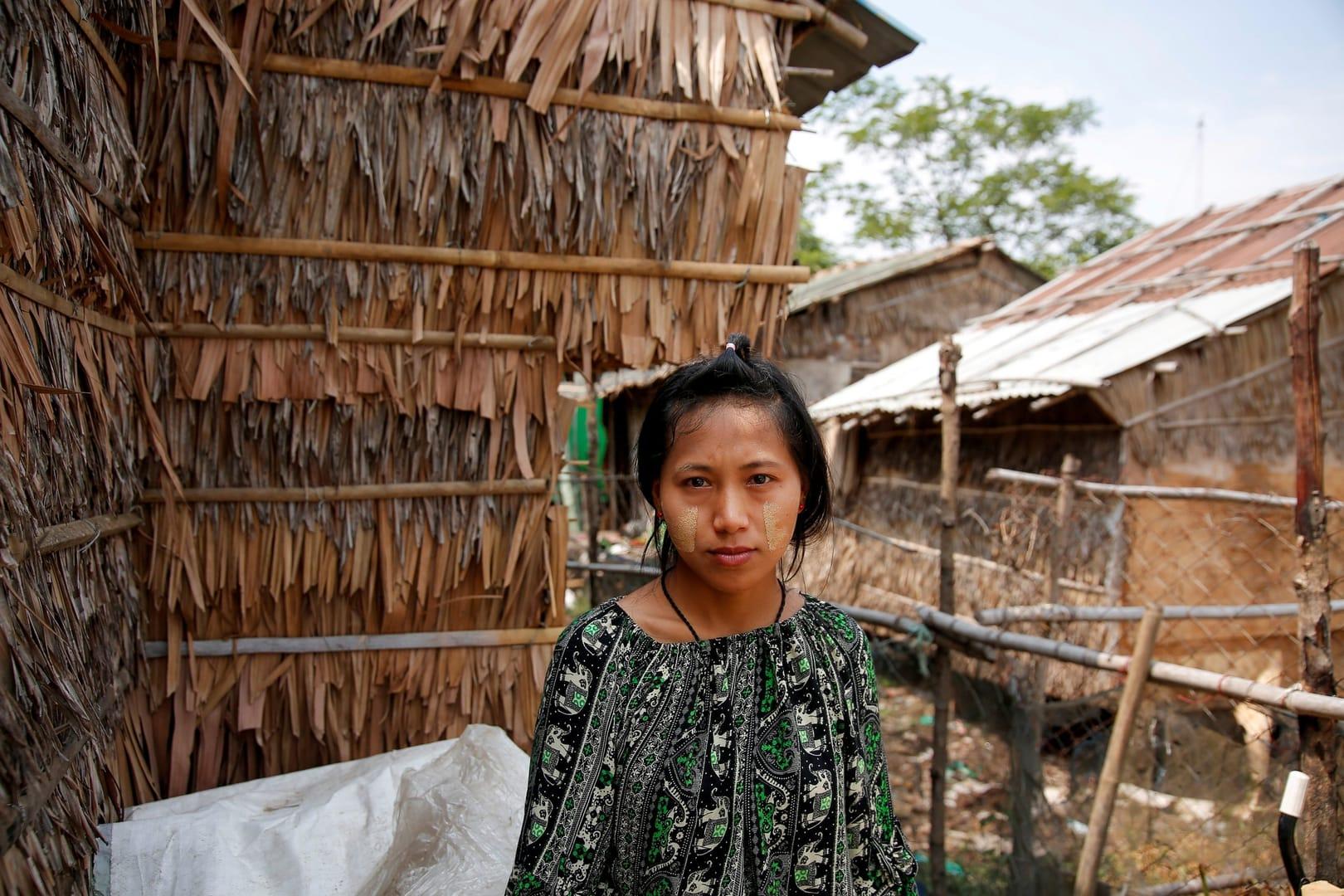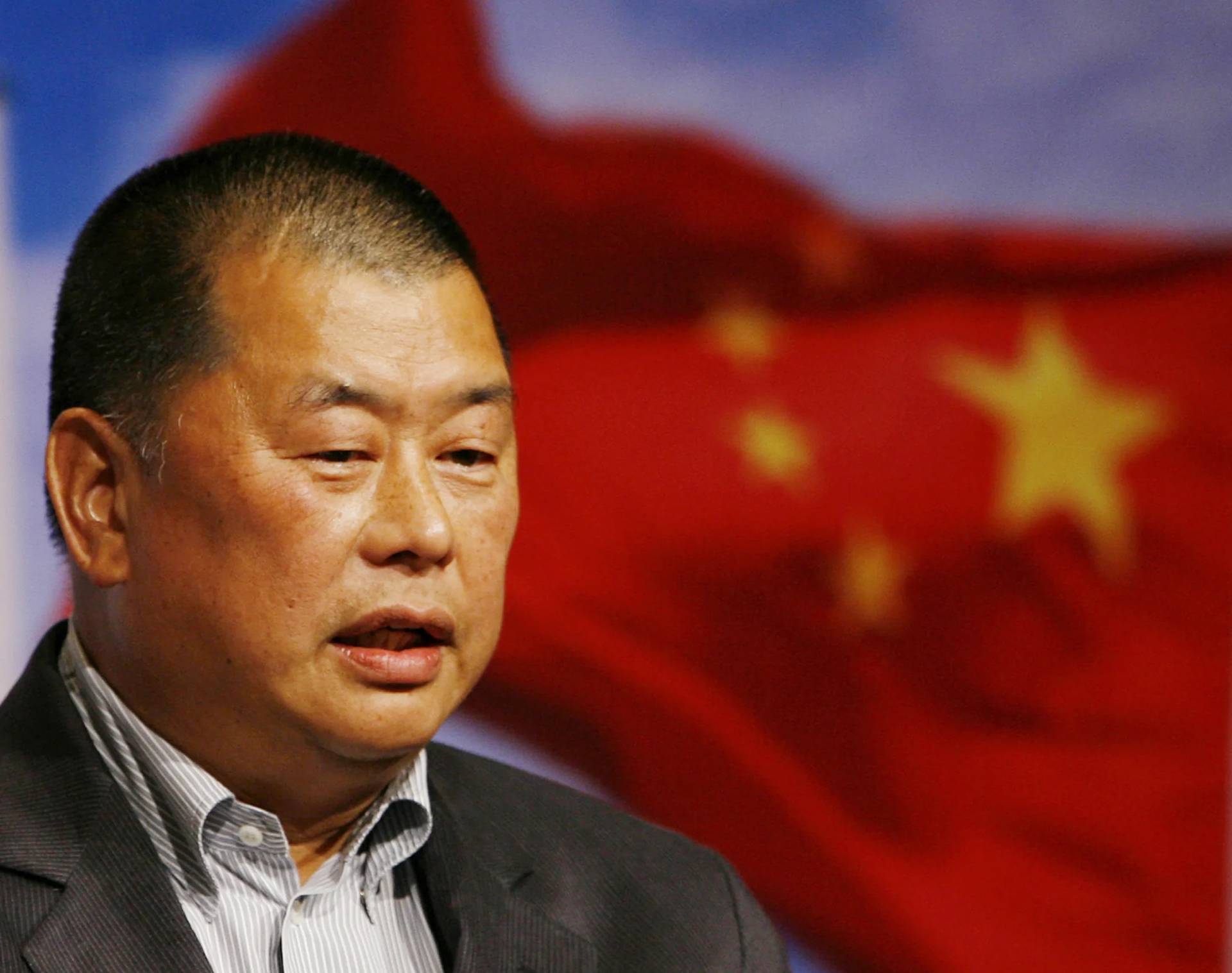MUMBAI, India – Myanmar’s top prelate is calling on the government to “create the conditions for peace” in the troubled country.
Cardinal Charles Maung Bo, the Archbishop of Yangon and president of the Federation of Asian Bishops’ Conferences, made his comments in a letter to Nobel laureate Aung San Suu Kyi, who is the State Counsellor of Myanmar.
Suu Kyi’s National League for Democracy decisively won the country’s general elections in November.
The 2020 vote helped solidify the country’s transition to democracy after the 2015 election that ended decades of military rule and put Suu Kyi into office. The “State Counsellor” is the de facto head of state, since Suu Kyi was barred by the military-written constitution from becoming president.
Although Suu Kyi’s 2015 victory was hailed at the time, she has come under fire during her term for doing little to stop the army’s violent campaign against the country’s Muslim Rohingya minority in Rakhine state. Since 2017, hundreds of thousands of Rohingya have fled into neighboring Bangladesh.
In addition, many other internal conflicts plague the country, often pitting the Buddhist Burmese majority against ethnic minorities belonging to other faiths, including Christianity.
Suu Kyi’s supporters point to the fact that the current constitution limits her sway over the country’s military, which still has its fingers on the levers of power in the country.
In his Jan. 25 letter, Bo called on the government to “lay aside the futile pursuit of military solutions.”
“You each have the capacity to transform Myanmar’s divisive political culture. Renew your commitment to face the truths of our past history. Acknowledging these realities, seek justice with courage and determination through dialogue and negotiation. Peace will only come if a spirit of transparent, open and accountable leadership is instilled into every sector and level of governance,” the cardinal wrote.
He also called on Myanmar to work to resolve its ethnic problems.
“Myanmar is deeply divided along ethnic lines. There are historical reasons for this, but it doesn’t have to be,” Bo wrote..
“Myanmar’s long running civil conflicts all have racial dimensions, but the root causes are political. Every person born on Myanmar soil has an equal stake in Myanmar’s future Myanmar is profoundly rich – its people, its cultures, its soil. Now is the time to grow as an outward-looking, welcoming, flourishing nation that celebrates unity in diversity,” he continued.
“War is the language of death,” the cardinal added, in a plea to demilitarize the country.
“Civil wars are a refusal to recognize the humanity of our brothers and sisters. Violence never begets peace. War negates national harmony. The fruits of conflicts are bitterness, divisions and wounds that take years to heal. Seek unity, yes, but not by fear or threat,” he continued.
“History teaches us, diplomats and peacemakers know, that there is never going to be a military solution to a political conflict. Pursuing military solutions leads only to endless war, endless misery,” Bo said.
“Myanmar has had enough!”
The cardinal also called on the government to reform the judiciary, education, social welfare, and health systems.
“Much has been done by the first civilian government to build governance systems that serve the people, but we long for more progress in these essential areas. Justice delayed is justice denied. We join in solidarity in these huge tasks, promising our good will and whatever expertise we can muster,” Bo explained.
“The call to each of us, especially to those with the responsibility of leadership, is to be artisans of peace – uniting and not dividing, extinguishing hatred and not harboring or inflaming it, always opening paths of dialogue that will reconcile, heal, unite and build anew our beautiful Myanmar,” the cardinal said.














